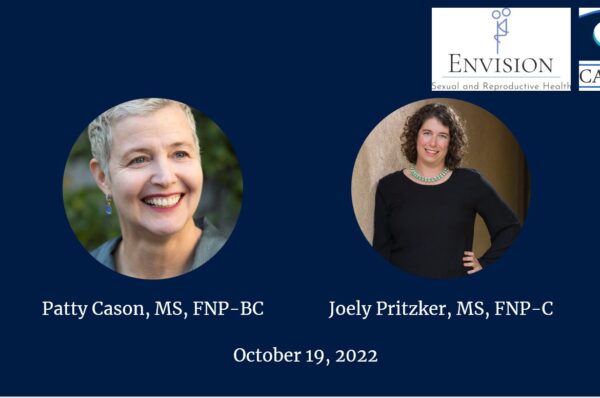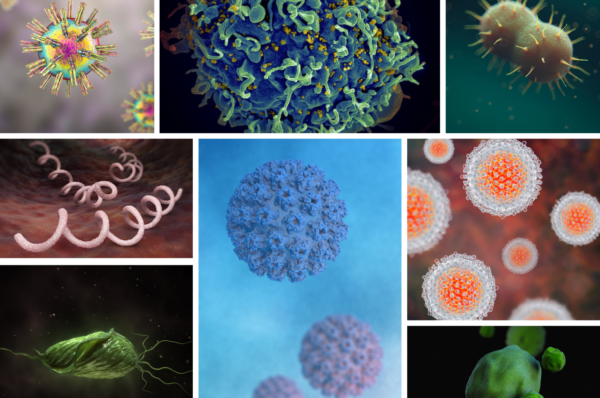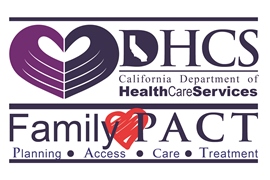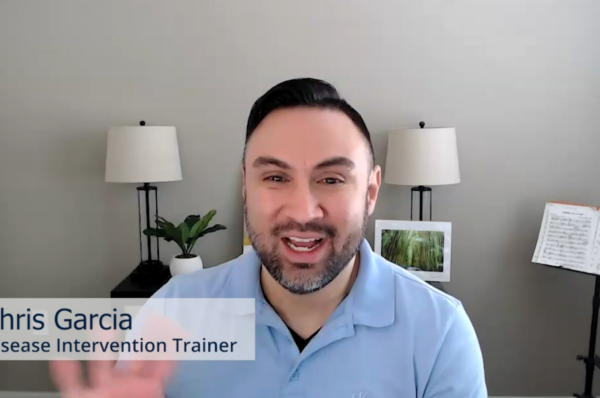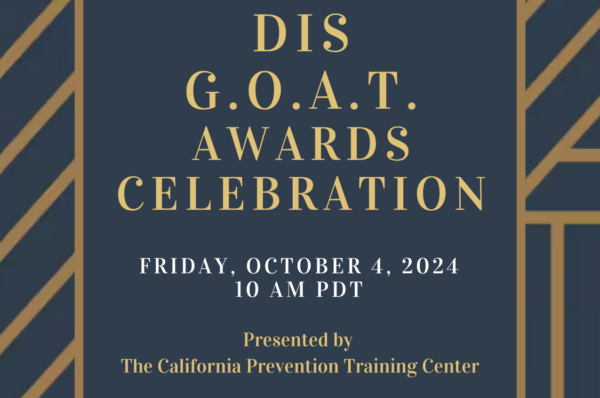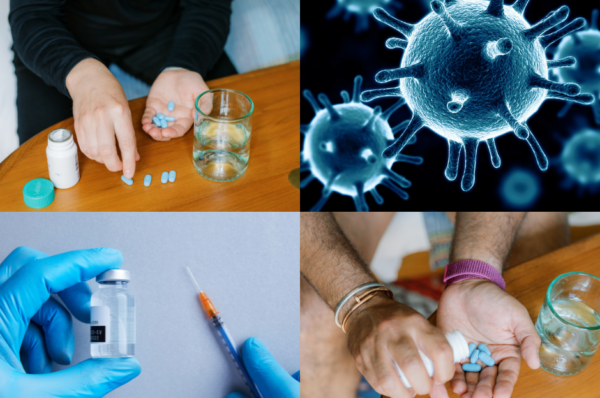Training Type: Online Course
Integrating PrEP into Partner Services
CDC Train’s Integrating PrEP into Partner Services course is designed to give Disease Intervention Specialists (DIS) the tools they need to offer HIV pre-exposure prophylaxis (PrEP) to their clients by reviewing what PrEP is, how it differs from post-exposure prophylaxis (PEP) and how to assess whether a patient is eligible.
Entrenamientos de COVID-19 en español
Accesso a entrenamientos de COVID-19 en español de la plataforma CDC Train.
Family Planning
We provide technical assistance and training to family planning providers and promote comprehensive sexual health education and services for low-income Californians.

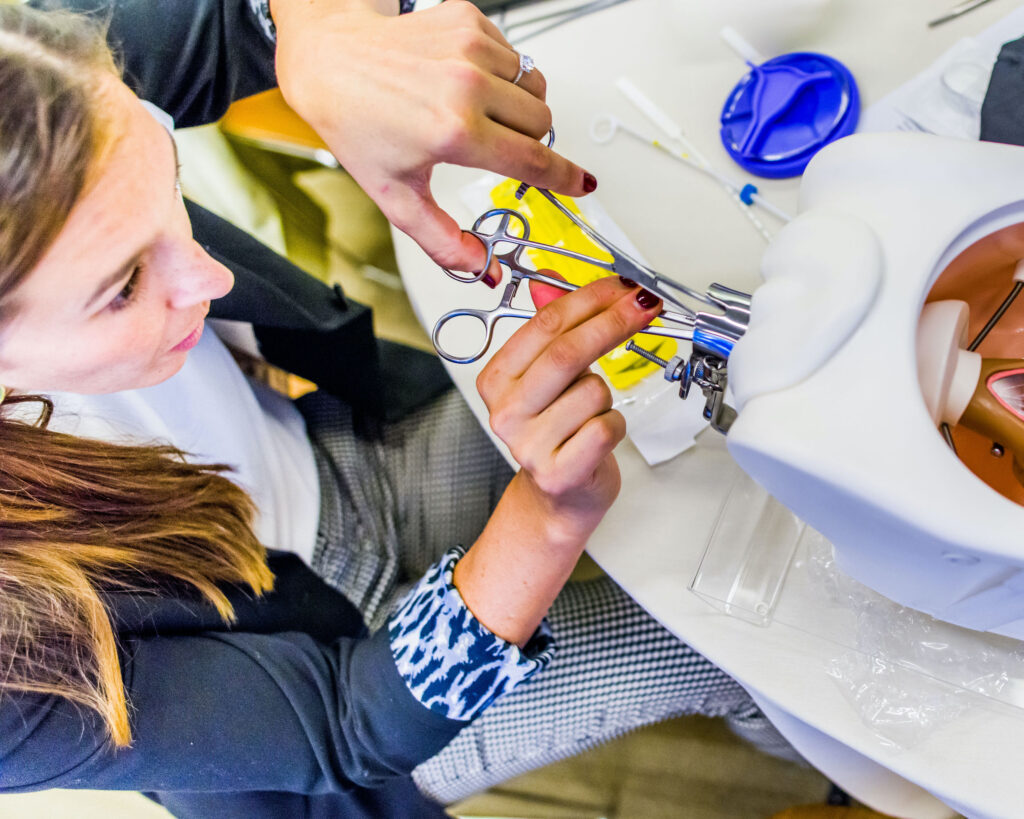
Family Planning, Access, Care, and Treatment Program (Family PACT)
CAPTC provides technical assistance and training to family planning providers in California. Our team has a key role in implementing California’s Family Planning Access Care and Treatment (Family PACT) Program. Family PACT is an innovative program that provides free, comprehensive family planning services to low-income individuals, including adolescents. Administered by the California Department of Health Care Services (DHCS) Office of Family Planning (OFP), Family PACT has been operating since 1997.
CAPTC’s health educators and communicators provide a wide array of capacity building tools and technical assistance training to FPACT providers including orientations for providers new to the program, online courses, webinars, and a robust website with resources for both providers and clients.
Explore our Work
Learning Resources
Explore these and other online learning opportunities from the rest of the CAPTC’s programs in our Online Learning database.
Filters
Integrating Trauma-Informed Practices into Reproductive Health Services
Inclusive Services: Approaches to Improve Sexual and Reproductive Health Care for People with Disabilities
Reproductive and Sexual Health Considerations for Transgender and Nonbinary People
Person-Centered Contraception Counseling for Family PACT Clients
Talking with Family PACT Clients About HPV Immunization
Clinical Practice Alert: Syphilis Screening, Diagnosis, and Treatment
Putting New Family PACT Benefits to Work in Patient Care
Talking with Family Planning Clients About COVID-19 Vaccination
2021 Implementing the CDC STI Treatment Guidelines: A Conversation for Family PACT Providers
Update in Evaluation and Management Office Visit Coding for Family PACT Services
Vaccinating Pregnant Individuals
Birth Control Methods
Disease Intervention
We train the disease intervention workforce to support individuals with communicable infections and those that may be at risk of infection.

Disease Intervention Training Center (DITC)
Since 1995, CAPTC’s Disease Intervention Training Center (DITC) has been funded by the Centers for Disease Control and Prevention (CDC) to train the nation’s disease intervention workforce. Disease intervention specialists (DIS) support people with communicable infections and those who may be at risk of infection. This includes contact tracing, case investigation, partner services, and emergency response.
We create innovative curricula and online training modules on all skill sets necessary for DIS to effectively serve the community. In addition to HIV/STI training, we led national training efforts to address COVID-19. Additionally, we provide training for DIS around various communicable infections from tuberculosis to mpox.
Our staff has decades of experience as contact tracers and outreach workers in STI/HIV disease intervention services. We provide knowledge, tools, and techniques suitable for both beginners and seasoned professionals to excel as a DISs.
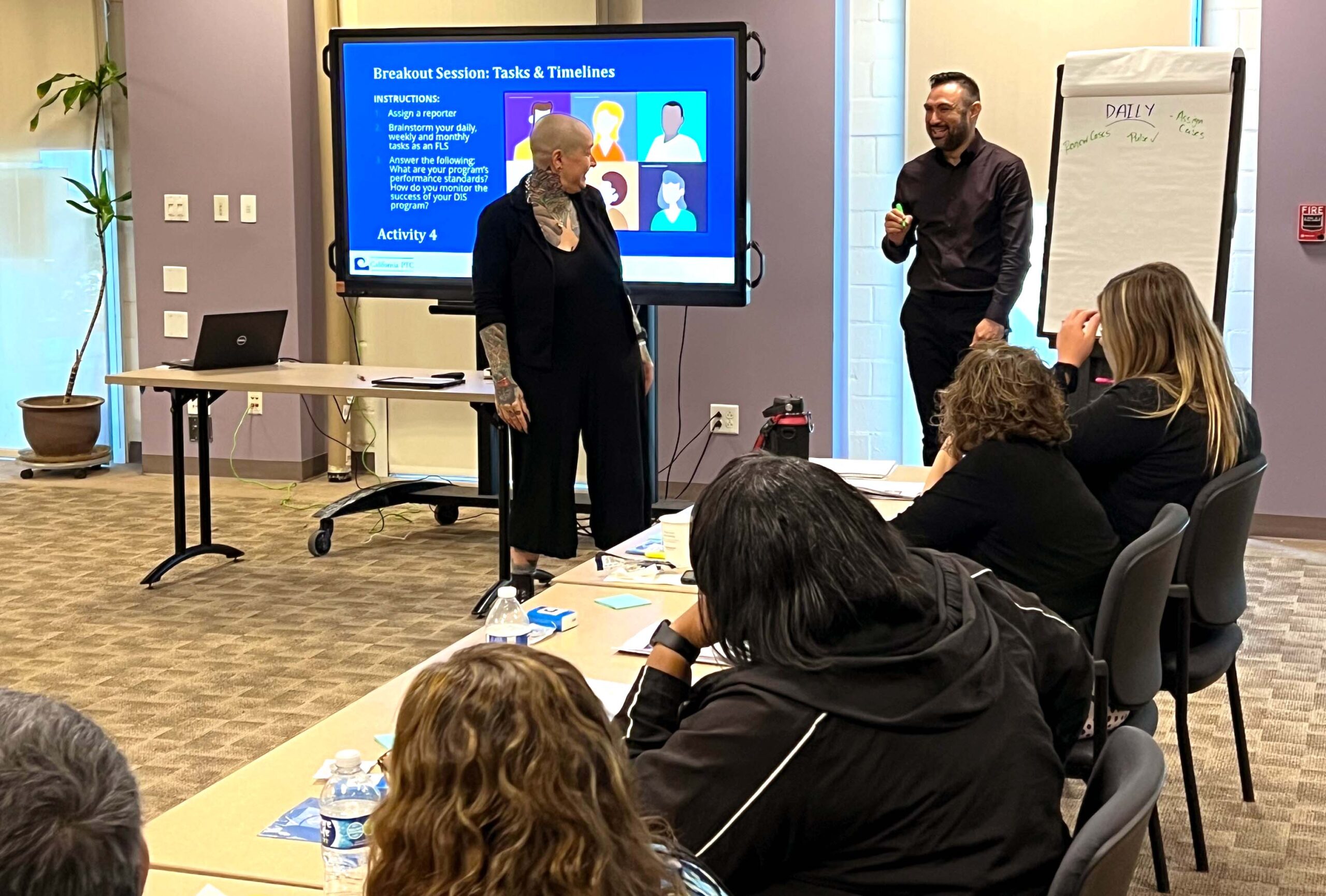
National Virtual Trainings
Contact us and let us know how we can support you
STI Clinical Training
We support healthcare providers in the Western United States (AZ, CA, HI, NM, and NV) to improve clinical outcomes for those affected by sexually transmitted infections and HIV.
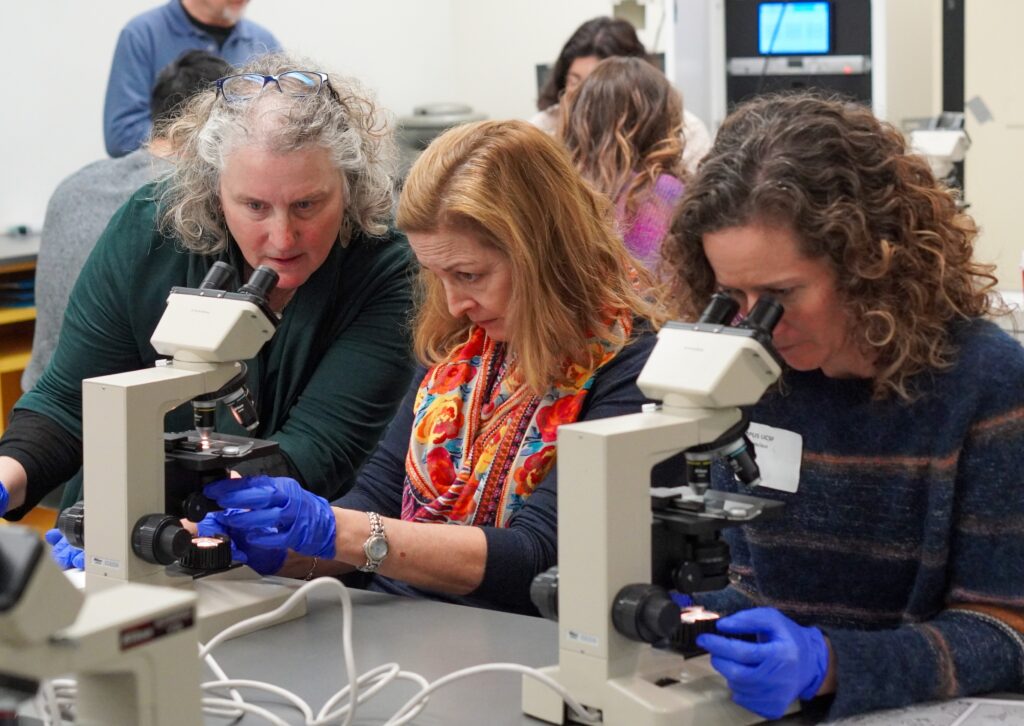
Upcoming Trainings

STI Clinical Update Webinar – HCV in 2026: A Clinical Update and Review
January 20, 2026
10:30 am-12:00 pm (PST)
This STI Clinical Update webinar will provide a comprehensive review of hepatitis C (HCV) in 2026, focusing on clinical cases and test-to-treat models of care. Co-sponsored by the California Department of Public Health and California Prevention Training Center at the University of California San Francisco.
STI Expert Hour Webinar – Shared Decision Making in Sexual Health: Part 2
New date & registration info coming soon!
Date: TBA
Time: TBA
Please note: This webinar is being rescheduled from November 14, 2025.
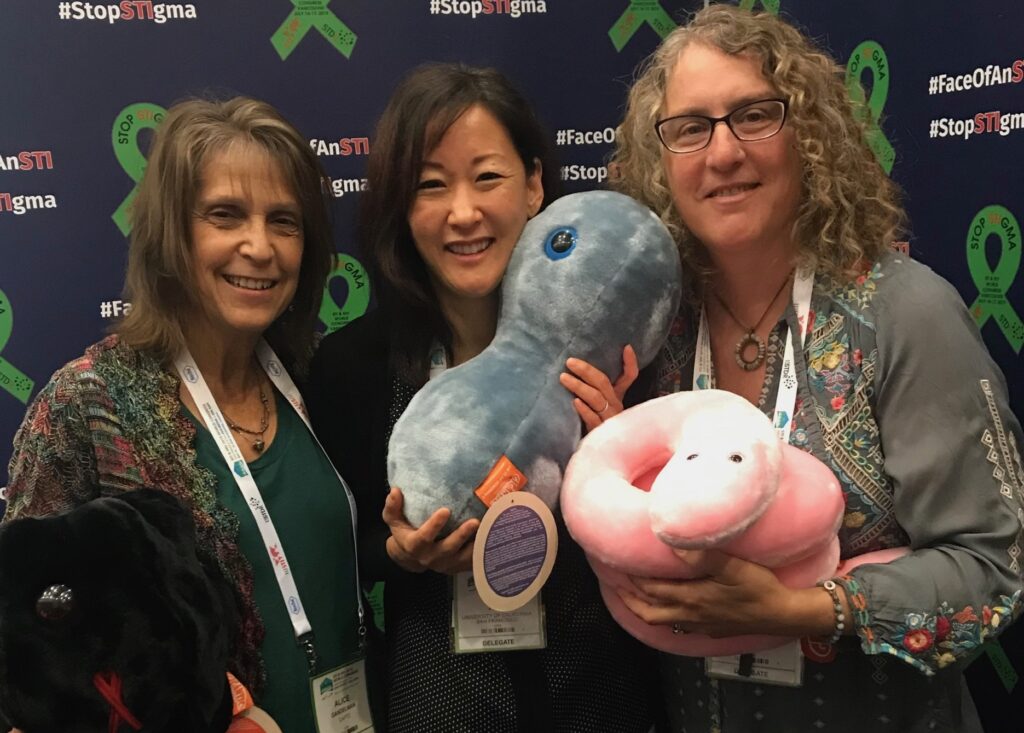
Regional Training Center, National Network of STD Clinical Prevention (NNPTC)
Funded by the Centers for Disease Control and Prevention (CDC), CAPTC supports healthcare providers in the western United States (AZ, CA, HI, NM, and NV) to improve clinical outcomes for those affected by sexually transmitted infections and HIV.
We provide in-person and virtual training events, technical assistance, clinical tools, and STI clinical consultation (via the STD Clinical Consultation Network) to support providers in addressing the rise of STIs in their communities. We focus on complex issues in patient care including evolving PrEP modalities, congenital syphilis management and prevention, and complications of gonorrhea and chlamydia. Our faculty consists of physicians and nurses who are subject matter experts in the field of sexual health with extensive academic, clinical, and public health experience in STI control and response.
The CAPTC Clinical Program has been funded for over 30 years by the CDC and is part of the National Network of STD Clinical Prevention Training Centers (NNPTC). CAPTC also has a long-standing partnership with the California Department of Public Health (CDPH) STD Control Branch to deliver training on STI diagnosis and treatment to California counties experiencing high rates of STIs. CDPH and CAPTC regularly collaborate on issuing statewide guidance related to STI screening and treatment, as well as creating co-branded job aids and educational materials for providers throughout the state.
CAPTC is also proud to collaborate with San Francisco City Clinic (SFCC), San Francisco’s preeminent municipal STI clinic, to offer observerships in sexual health care. Clinicians interested in arranging a shadowing experience at SFCC of up to 4 half-days (which could potentially be structured to 2 full days, depending on the learner’s needs) can contact us at captc@ucsf.edu to learn more.
Services Offered
Featured Resource
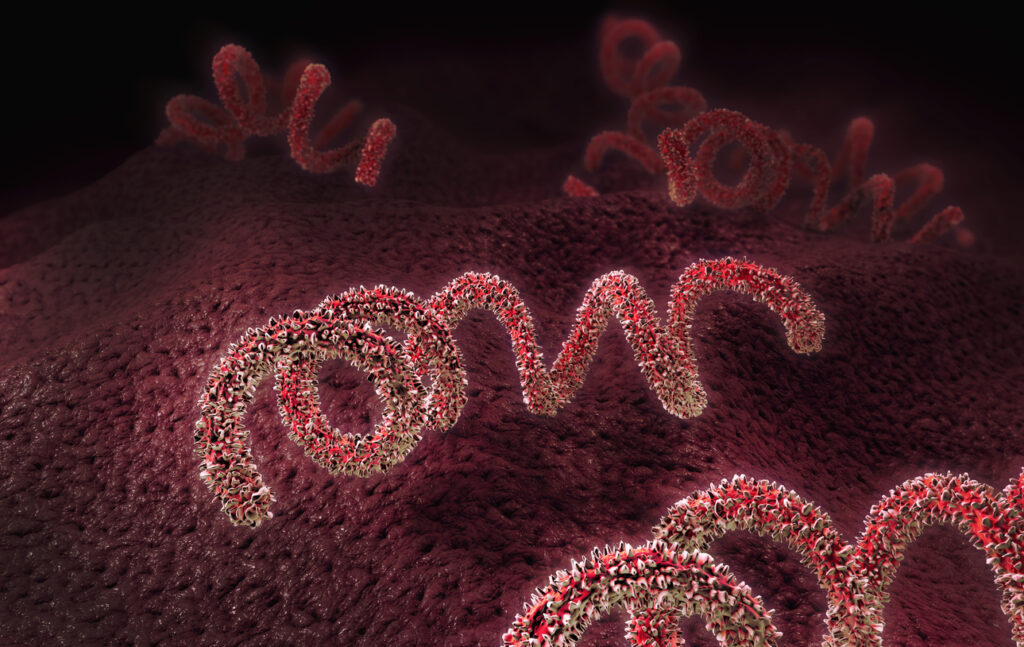
Clinical Guidance: Infant and Child Follow-up After Exposure to Syphilis in Utero
Designed to support clinicians and public health practitioners, this resource provides detailed algorithms for the evaluation, treatment, and follow-up of neonates, infants, and children exposed to syphilis during pregnancy. Developed in alignment with the 2021 CDC STI Treatment Guidelines, the resource outlines step-by-step instructions for monitoring RPR/VDRL titers, interpreting titer trends, and ensuring thorough follow-up care for infants and children affected by syphilis.
Read MoreContact us and let us know how we can support you
Moving from Bias to Engagement Using Cultural Humility
Developing cultural humility involves understanding the impact that unconscious bias and medical mistrust and distrust have on client engagement.
Being able to recognize and address this can improve your relationships with clients.
Join California Prevention Training Center Capacity-Building Assistance Specialist Deborah Wyatt-O’Neal to learn how cultural humility and unconscious bias affect client engagement in care. Discover techniques to address biases and practice humility to better support clients and honor their humanity.
Utilize the player tools below to navigate through the course.
Introduction to Field Safety for DIS
CDC Train’s Introduction to Field Safety for DIS module will introduce partner services providers (i.e., DIS) to the basic principles and best practices for safely conducting field visits.
Self-Paced Online Learning
Each of our programs offers a variety of online learning opportunities. Explore all of our self-paced online courses on subjects such as self-disclosure and motivational interviewing; clinical webinars; podcasts on a variety of sexual health topics; and other technical assistance tools.
Looking for real-time events?
Check out our Live Online Trainings.







